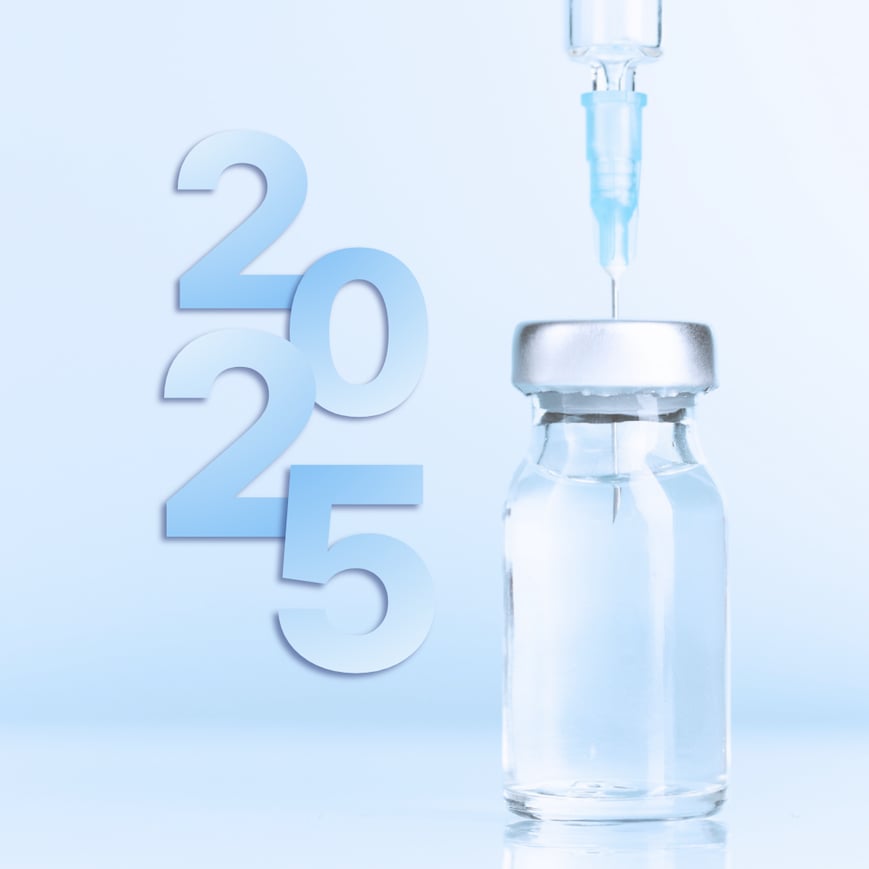The FDA approval process is time-intensive and difficult for good reason. If you emerge on the other side successfully, your drug will be ready for patient use. The entire process can take years, so it's important to avoid delays through a solid regulatory strategy. And it all starts in the formulation stage.
Before you reach clinical trials, you first have to prove to the FDA that your drug is safe to test on humans. This blog covers some of the key studies that can accomplish that, common pitfalls to avoid, and what role a CDMO plays in your success.

What is a regulatory strategy?
When it comes to drug development, a regulatory strategy lays out when and how you’ll interact with the regulatory agencies responsible for approving your drug.
Different countries and regions have different regulatory agencies. In the U.S. it's the FDA’s Center for Drug Evaluation and Research (CDER). Canada has Health Canada and Europe has the European Medicines Agency (EMA). While many of their regulations are the same, each agency requires you to go through their approval process before selling drugs in their respective markets.
Key formulation studies that support FDA approval
Developing a new drug involves extensive testing and documentation. If you’re building or altering an existing drug, you can supplement with information that’s already been documented by other drug makers. Either way, you have to prove that your drug does what it claims to do and has benefits that outweigh the risks. These formulation studies help accomplish that, ensuring you have the information you need to submit a comprehensive application to the FDA.
Preformulation and characterization
- Active pharmaceutical ingredient (API) characterization: Assess properties like solubility, pH stability, and particle size
- Excipient selection: Choose inactive ingredients that enhance stability, solubility, or other desired properties
- Compatibility studies: Evaluate interactions between the active ingredient and potential excipients
Formulation development and optimization
- Bioavailability enhancement: Explore techniques like particle size reduction, solid dispersions, or complexation to improve drug absorption
- Modified release formulations: Develop formulations for controlled, sustained, or targeted drug release
- Analytical method development: Create and validate methods to assess drug purity, potency, and stability
- Dissolution studies: Evaluate how quickly and completely the drug releases from the formulation
Stability and scale-up
- Accelerated stability studies: Expose the formulation to stress conditions (heat, humidity, light) to predict long-term stability
- Long-term stability studies: Monitor the formulation under normal storage conditions
- Manufacturing process development: Design and optimize production methods
- Scale-up studies: Assess the feasibility of producing the formulation at larger scales while maintaining quality
- Packaging studies: Determine appropriate packaging materials and conditions to maintain drug stability
These studies are iterative, with formulations being continually refined based on results. The ultimate goal is to develop a formulation that is stable, effective, and suitable for clinical trials.
Avoiding common pitfalls to regulatory success
Between the drug sponsor, CDMO, and FDA, there are plenty of moving parts in drug development. Unsurprisingly, communication is key. However, it doesn't just happen.
Communicate early and often
From the outset, it’s crucial to establish clear and open lines of communication between all parties involved. Regular meetings and updates between the drug sponsor and CDMO help align objectives, timelines, and expectations. Engaging with the FDA early in the development process can also provide invaluable insights and guidance.
Address feedback right away
When the FDA provides feedback or requests additional information, it’s important to respond promptly and thoroughly. Delays or incomplete responses can slow down the review process (sometimes by months). By addressing feedback in a timely manner, sponsors can keep the submission process on track.
Leverage CDMO expertise
CDMOs bring a wealth of experience and expertise to the table. Leveraging their knowledge of regulatory requirements and submission processes can help avoid common pitfalls. Regular communication with the CDMO ensures that their insights are integrated into the submission strategy.
What role does a CDMO play in regulatory submissions?
While most drug sponsors have their own regulatory departments or contractors, the CDMO is an important piece of the regulatory puzzle.- Documentation support: In addition to actually conducting the formulation studies, CDMOs compile comprehensive documentation required for FDA submissions. They’re responsible for adhering to regulatory standards and guidelines, such as cGMP and ICH.
- Quality assurance: CDMOs implement robust quality assurance systems to ensure that all data is accurate, complete, and compliant with regulatory standards. They conduct internal audits to identify and rectify any potential issues before submission.
- Regulatory strategy: While CDMOs are no substitute for regulatory departments, they often provide strategic advice based on their experience with similar projects to help guide the process.
Find your formulation partner
Have your eyes set on the FDA approval horizon? Partnering with the right CDMO can make all the difference. Learn how American Injectables can support your success in the formulation stage and beyond.





No Comments